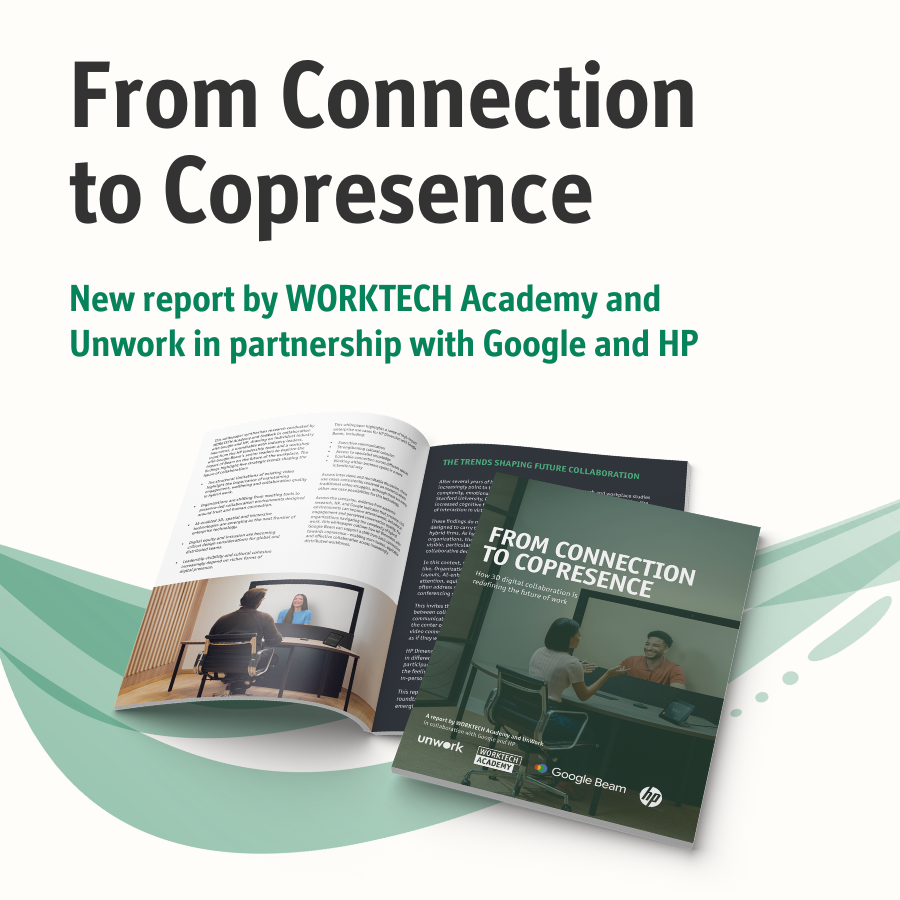Signal File: what this week’s headlines reveal about human reconnection
From declining contact with nature to the overuse of cafés as makeshift offices, this week’s signals reveal that connections are under strain, but there are opportunities to rebuild them
Staying ahead in the evolving world of work means tuning into the signals shaping where and how business happens. This week, the theme is around people’s connection – or lack thereof – to their surroundings.
Research shows our bond with nature has collapsed over the past two centuries, while cafés in South Korea struggle with customers turning communal tables into private offices. At the same time, new technologies fight to restore warmth and shared experience. Together, these signals show how workplaces and communities must rethink design, policy, and technology to reconnect people with each other and their environments.
Study finds human connection to nature has collapsed
New research by Miles Richardson, a professor of nature connectedness at the University of Derby, shows that human connection to nature has fallen by nearly 60% over the past two centuries. The decline is linked to rapid urbanisation, industrialisation, and the rise of digital lifestyles. Researchers warn this disconnect poses risks not only to mental wellbeing but also to environmental stewardship.
In action: Reframe workplace design to restore contact with nature. Biophilic spaces and outdoor access can counter digital saturation and foster stronger, healthier human–environment bonds.
Random Studio tests AI as a tool for real-world connection
Amsterdam’s Random Studio has launched a living lab where brands experiment with AI to create unexpected in-person encounters. Projects such as Host, an AI performance that guides participants’ actions and speech through an earpiece, show how technology can shape behaviour and intimacy. The work asks whether AI can move beyond screens to become a mediator of shared emotional experience.
In action: Design for emotion, not efficiency. Explore how AI can enhance creativity and connection, rather than simply optimise processes.
Starbucks pushes back on ‘cagongjok’ culture in Korea
Starbucks Korea has asked customers to stop bringing items such as desktop computers and printers into cafés to set up makeshift offices. The decision follows growing frustration around cagongjok – a Korean term for people who treat cafés as free co-working spaces, often monopolising tables and setting up partitions between tables for hours with minimal purchases.
In action: Set clearer norms for hybrid work spillover. As cafés become DIY offices, employers and planners should explore partnerships or policies that reduce friction in public third places.
Care robot aims to restore warmth in social spaces
Fourier’s new GR-3 Care Bot is designed to support people in public environments, blending functional assistance with a focus on emotional presence. It is built to act as a social companion, offering gestures of care, mobility support, and a friendlier human–robot interface.
In action: Explore how robotics can supplement rather than replace human contact. Thoughtfully designed care technologies can help rebuild social connection in workplaces, campuses, and public venues.








